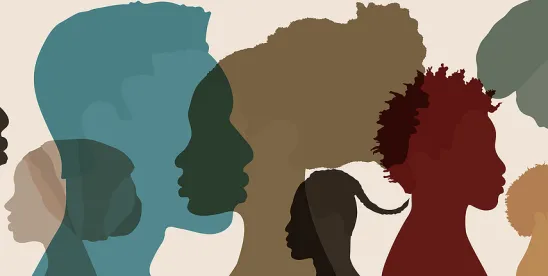In 2019, California became the first state to pass the CROWN Act—short for Creating a Respectful and Open World for Natural Hair. This legislation prohibits discrimination based on natural hair textures and protective hairstyles commonly associated with race, such as braids, locs, and twists.
The CROWN Act was established to address gaps in existing anti-discrimination laws, ensuring that individuals are not subject to penalties in workplaces or schools for wearing natural hair or protective styles that hold cultural significance.
In 2024, the law was amended through Assembly Bill 1815, signed by Governor Gavin Newsom. This amendment clarified and expanded the definition of “race” in California’s anti-discrimination laws, including the Unruh Civil Rights Act, which governs businesses. The updated language now explicitly states that race includes traits associated with race, such as hair texture and protective hairstyles—removing the previously vague term “historically” to avoid confusion.
Employers should review and update their workplace policies to ensure they reflect these requirements under the CROWN Act. It is also important to train staff on the expanded definitions and how such requirements may apply in day to day situations in the workplace.





 />i
/>i

